A destructive mindset among Israelis justifies violence against Palestinians.
In 1894, a young anarchist left a bomb outside the offices of a mining company in Paris. Before he met the guillotine, Emile Henri claimed that his very humanity compelled him to act the way he did, in defense of the starving and exploited men working in the mines. But what about the innocent victims of the bombing? “I soon resolved that question,” explained Henri. “The building where the Carmaux Company had its offices was inhabited only by bourgeois; hence there would be no innocent victims.”
In justification for the overwhelmingly civilian death toll on 9/11, Osama bin Laden carried forward this type of reasoning. Also claiming to represent the oppressed, bin Laden argued: “Given that the American Congress is a committee that represents the people, the fact that it agrees with the actions of the American government proves that America in its entirety is responsible for the atrocities that it is committing against Muslims.” Thus for bin Laden, as for Henri, there were no innocent victims.
In advocating collective punishment, these alarming arguments seized on the essential quality of a whole category of people (being middle-class, being an American citizen) to determine their guilt.
During Israel’s Operation Pillar of Defense in Gaza in 2012, Gilad Sharon argued along similar lines. Sharon, the son of Ariel and the “gatekeeper” to his father during his tenure as Israeli prime minister, invoked Hiroshima and Nagasaki and urged the Israel Defense Forces (IDF) to flatten all of Gaza. “The desire to prevent harm to innocent civilians in Gaza,” he wrote in The Jerusalem Post, “will ultimately lead to harming the truly innocent: the residents of southern Israel. The residents of Gaza are not innocent. They elected Hamas … they chose this freely and must live with the consequences.”
Just like bin Laden, Sharon invoked a process of democracy (elections) to egregiously violate its substance (killing civilians). In weaponizing democracy itself, he suggested these civilians had actually done something (voting) to forfeit their right to life, in a way akin to the combatant picking up a weapon. Again, then, a whole class of people (Gazans) were not innocent.
Sharon’s views, controversial as they were at the time, could not be said to be representative. However, the worry is that a series of recent remarks betray the existence of a similar demonizing mindset in some Israeli quarters, in which Palestinians can be targeted by virtue of the essential quality of being Palestinian.
The Dehumanization of Palestinians
This mindset has been reflected in the statements of Israeli parliamentarians, one of whom deemed the enemy to be “the Palestinian people.” Ayelet Shaked, of the Jewish Home party, also posted to Facebook an article advocating killing the mothers of Palestinian “martyrs,” and destroying their homes for having raised “little snakes” in them.
We are told Israel has an inviolable right to self-defense. But if Israelis have the right to self-defense, don’t the Palestinians also have that right, a fortiriori, given the massive imbalance of power in times of war and the raids, killings and expropriation of land in times of peace?
The deputy speaker of the Knesset and a member of the Knesset Foreign Affairs and Defense Committee, Moshe Feiglin, decried the “illogical pity” Israel has for its enemies, and argued against warning Gazans of impending bombings because they were supporters of Hamas.
This mindset, of creeping dehumanization, was also evident in the scenes of ordinary Israelis gathered on a hilltop, cheering, clapping and eating popcorn during the bombardment of Gaza. It was evident in the remarks of an Israeli scholar of Arabic literature at Bar-Ilan University, who stated that raping the wives and sisters of Palestinian fighters would deter attacks. And it was evident, of course, in that refrain of the mobs — “Mavet La’aravim” (“Death to the Arabs”) — in Jaffa, Jerusalem and elsewhere.
The major concern is that this mindset could be currently active within the political leadership, which continues the war despite global outcry over the perceived violation of international humanitarian law; within the military leadership, which has not changed its tactics in full knowledge that one in four fatalities is not only a civilian, but also a child; and among Israeli soldiers, who appear willing to deliberately kill Palestinian noncombatants, whether children playing football on the beach or a young unarmed man searching the rubble for his cousin.
This mindset is, perhaps, both a cause and an effect of the 47 year old occupation, the longest in modern history, and the ways in which it must be continually sustained: from human rights abuses to daily harassments and humiliations; from the seven-year economic blockade of 1.8 million people to the current deployment of a military superpower against the residential buildings, schools, hospitals, mosques and disabled centers of an impoverished and captive population, 43% of whom are under 16.
“A Colonial War”
Just as this mindset seems psychologically necessary to uphold the occupation, so it is integral to the paradigm of “colonial war” in which, as Talal Asad described, it is proper that ethnically inferior peoples die in much larger numbers. This dehumanizing mindset jars, violently, with the claim to be civilized, and so moral and linguistic gymnastics ensue, raising as many questions about the civilian death toll as they seek to answer.
We are told the civilian population is warned before Israel launches its attacks. But, under international law, do such warnings really then transform a civilian object into a military one? Anyway, where are Gazans supposed to run?
We are told Israel doesn’t kill Palestinian civilians, instead Hamas uses the population of Gaza as human shields. But, in addition to its military wing, which uses terrorist means, isn’t Hamas also a political party active and embedded in civilian life, in one of the most densely populated strips of land on earth? Anyway, haven’t we heard the human shields argument before, from the likes of al-Qaeda?
We are told any other democratic country would act in the same way if terrorists targeted its people. But when civilians in the United Kingdom were repeatedly attacked by the Irish Republican Army (IRA), did the British government bombard Catholic areas of Belfast? Anyway, isn’t the hallmark of a democratic country its restraint?
We are told Israel has an inviolable right to self-defense. But if Israelis have the right to self-defense, don’t the Palestinians also have that right, a fortiriori, given the massive imbalance of power in times of war and the raids, killings and expropriation of land in times of peace? Anyway, is it even meaningful to talk of self-defense against a population you are occupying?
Much more sophisticated questions than these have been asked of Israel’s narrative, and it is likely that challenge will continue as long as the occupation thunders on. The danger, as much for Israelis as for the Palestinians, is that, as answers increasingly fail and fall flat, Israel will be forced to resolve the issue in the manner of Emile Henri: There were no innocent victims.
*[This article was originally published by Al Jazeera English, and has been reposted with authorization from the news broadcaster and author.]
The views expressed in this article are the author’s own and do not necessarily reflect Fair Observer’s editorial policy.
1 comment
Leave a comment
You must be logged in to post a comment.
Support Fair Observer
We rely on your support for our independence, diversity and quality.
For more than 10 years, Fair Observer has been free, fair and independent. No billionaire owns us, no advertisers control us. We are a reader-supported nonprofit. Unlike many other publications, we keep our content free for readers regardless of where they live or whether they can afford to pay. We have no paywalls and no ads.
In the post-truth era of fake news, echo chambers and filter bubbles, we publish a plurality of perspectives from around the world. Anyone can publish with us, but everyone goes through a rigorous editorial process. So, you get fact-checked, well-reasoned content instead of noise.
We publish 2,500+ voices from 90+ countries. We also conduct education and training programs
on subjects ranging from digital media and journalism to writing and critical thinking. This
doesn’t come cheap. Servers, editors, trainers and web developers cost
money.
Please consider supporting us on a regular basis as a recurring donor or a
sustaining member.
Will you support FO’s journalism?
We rely on your support for our independence, diversity and quality.



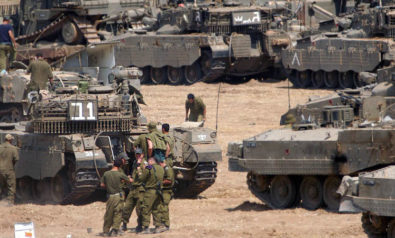
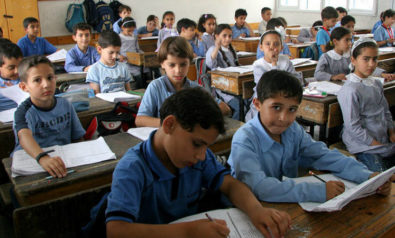

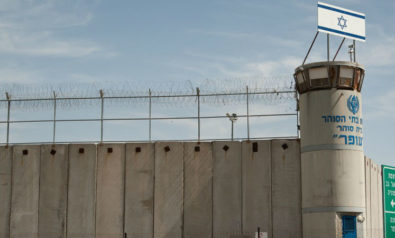

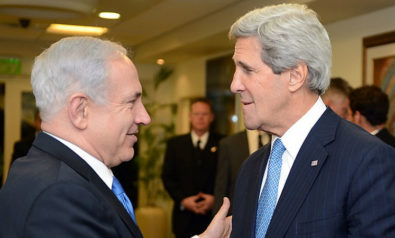
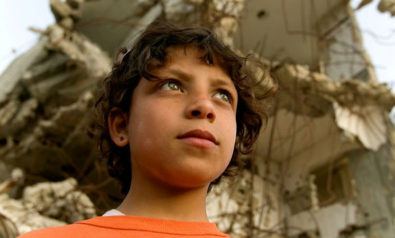

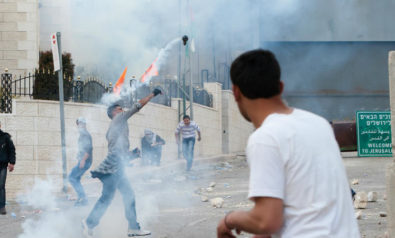
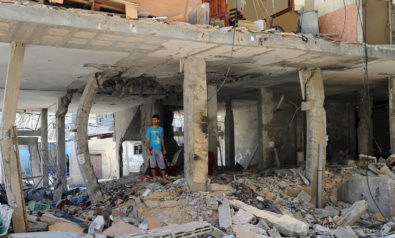

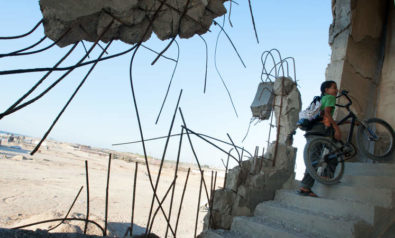

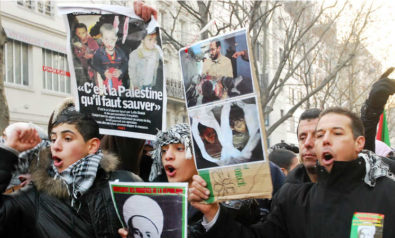
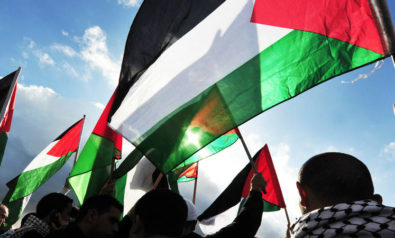

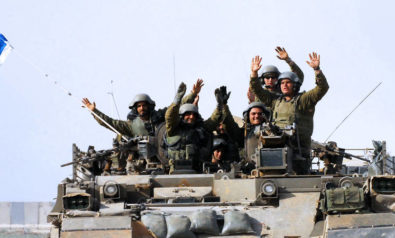
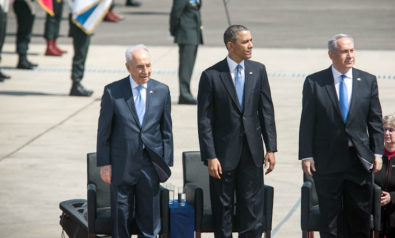
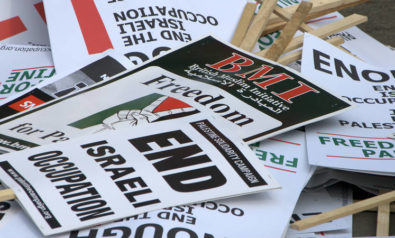
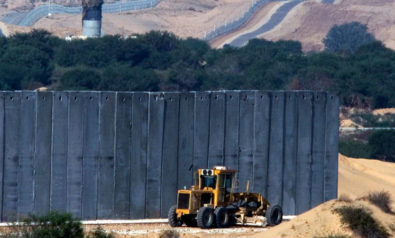
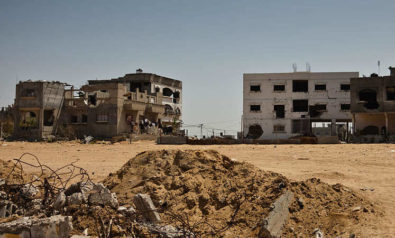

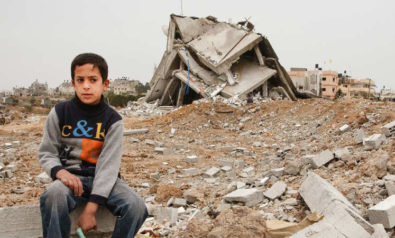
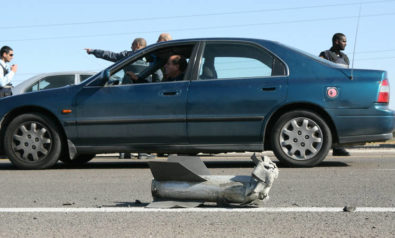
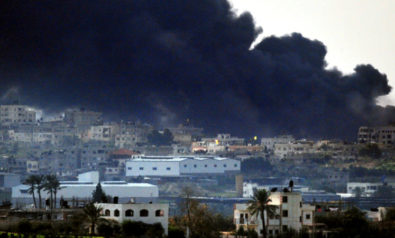
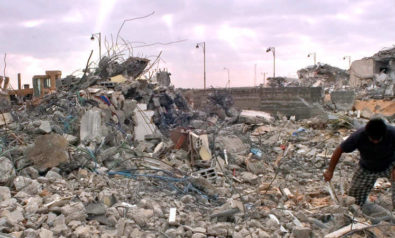
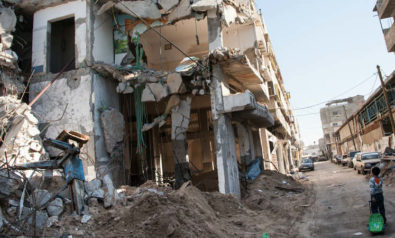
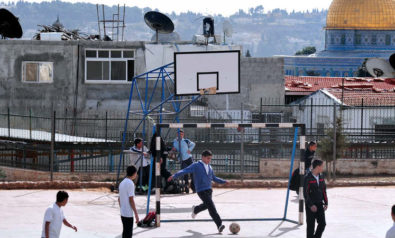

laila khan
July 29, 2014
Alia, your analysis of the plight of the Palestine population of Gaza is painfully just, educating one at the same time, touching for its compassion and empathy. Comparing the policies of both the people of Gaza and Israel with historical facts of contemporary history is interesting, hope many read your article.